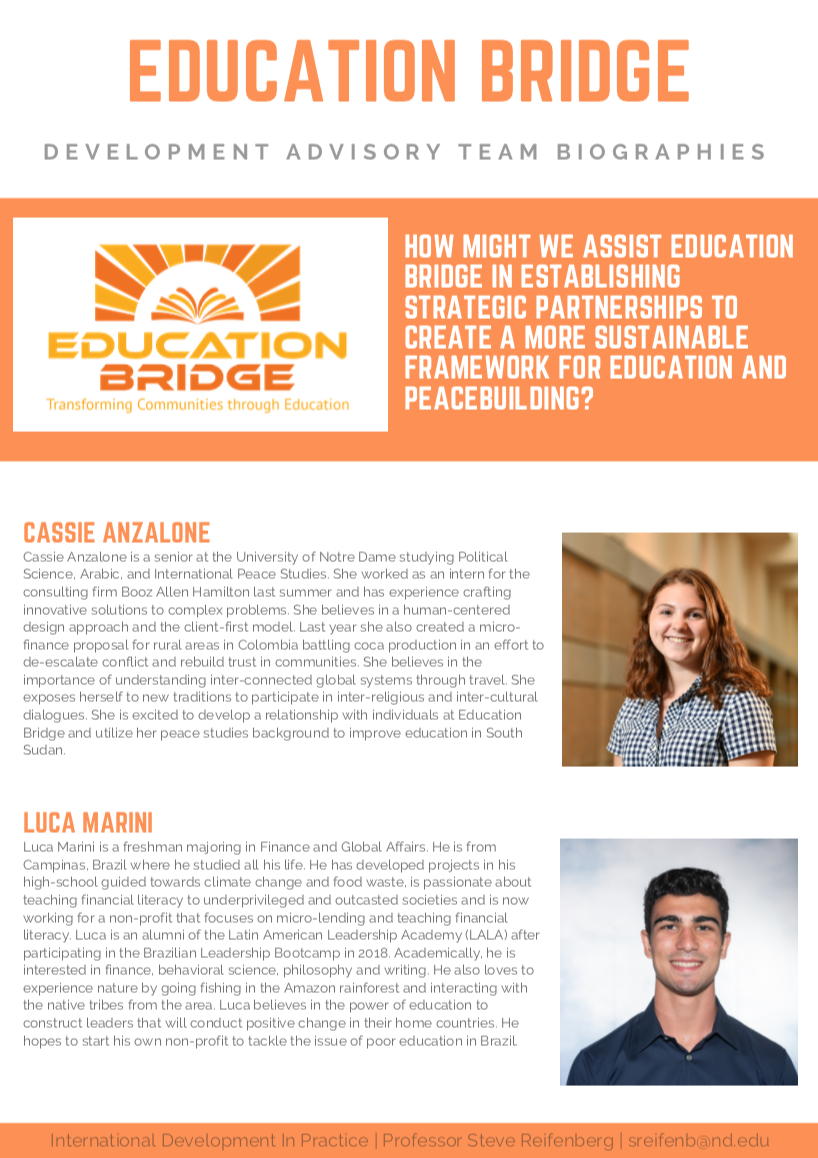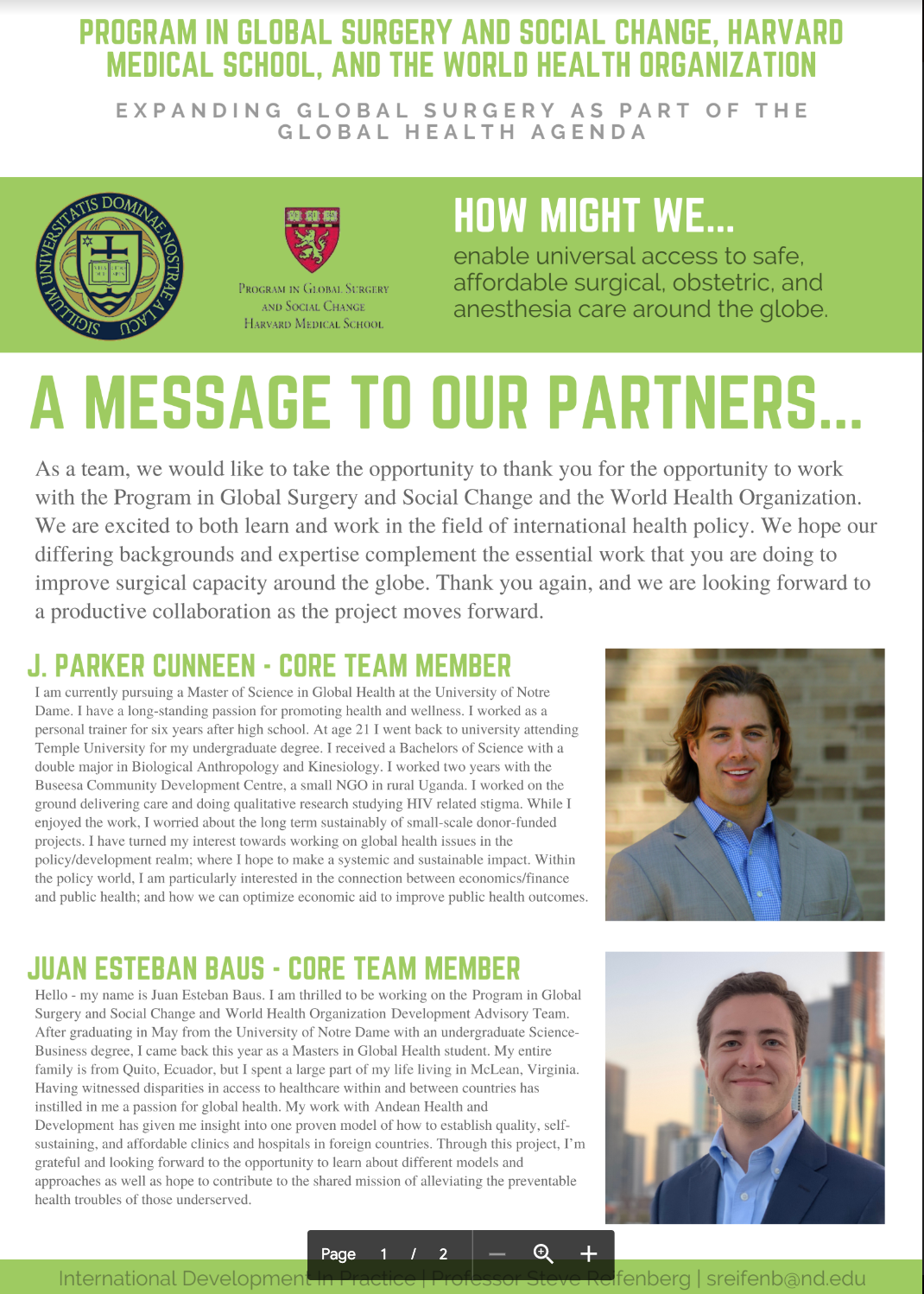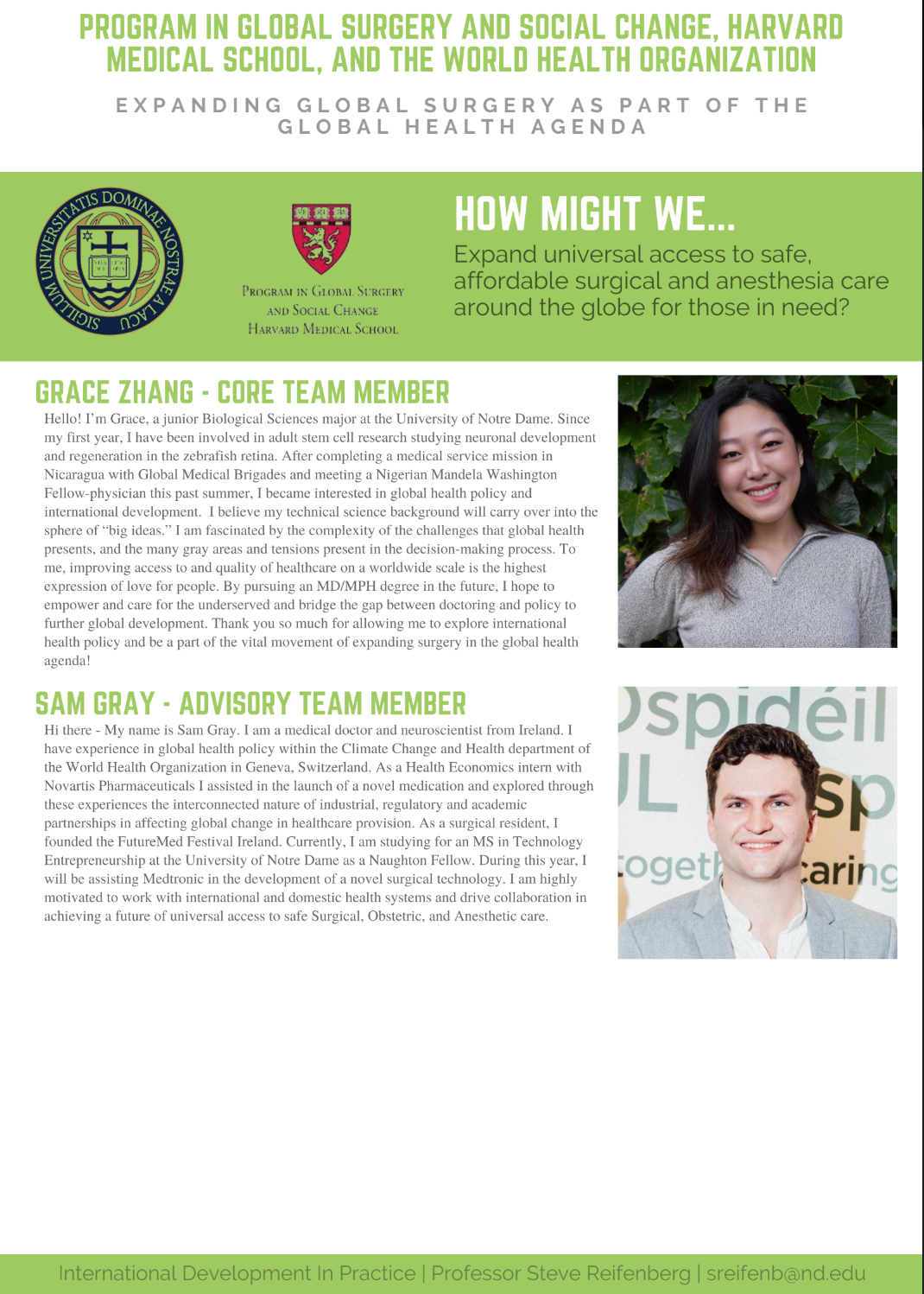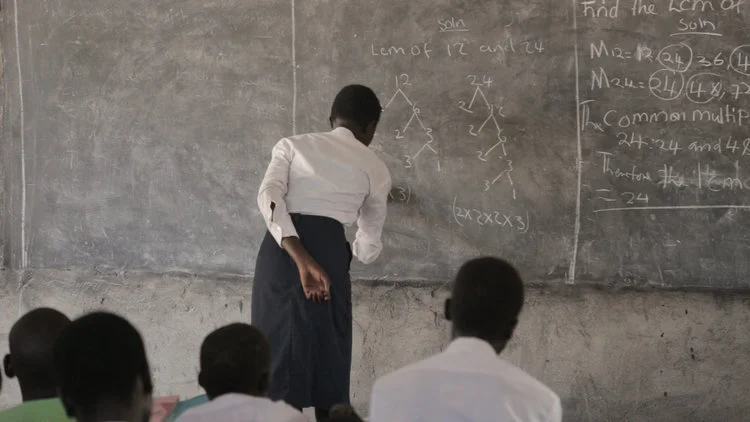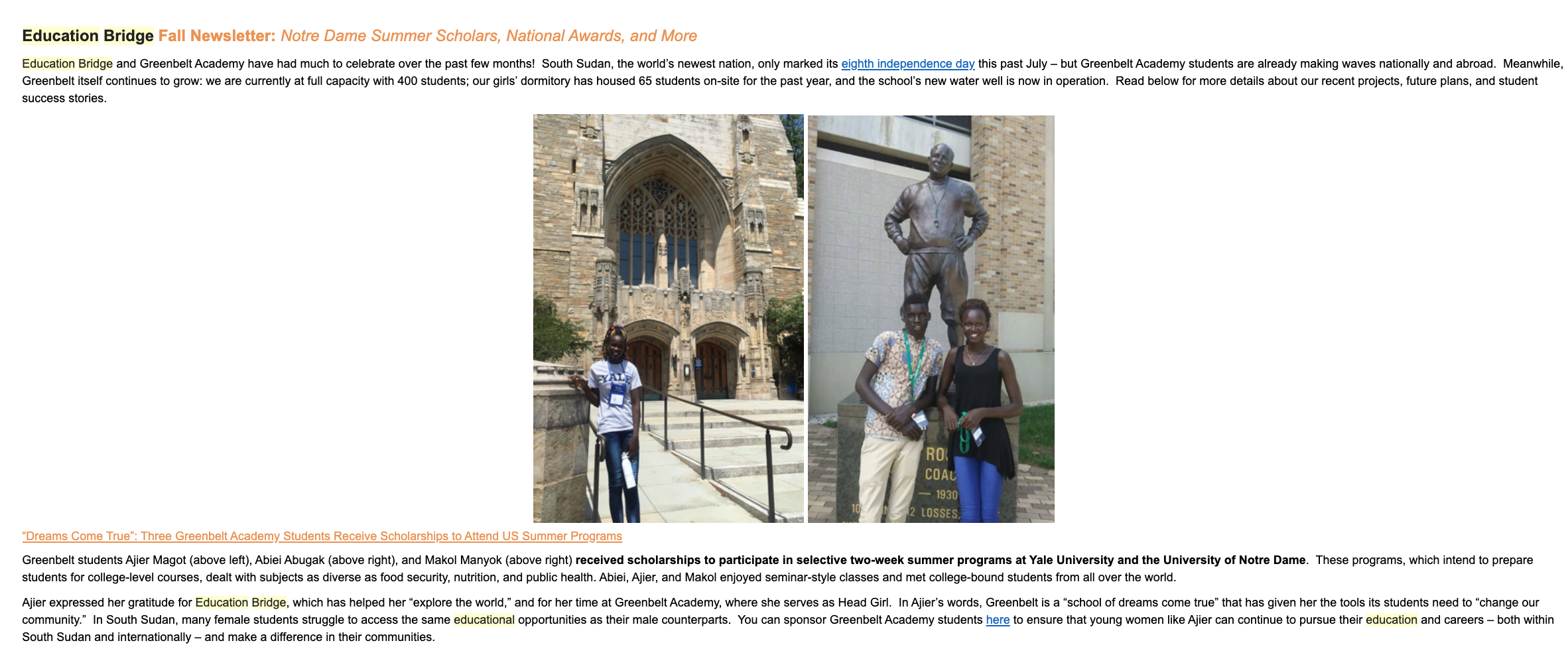Project Background:
Vía Educación is a non-profit organization in Mexico seeking to improve people’s quality of life by promoting sustainable social development through education. The organization believes that every person is capable of improving their opportunities in life as well as those of their communities. Vía Educación implements Learning Communities, a project whose model is founded on 30+ years of research and practice by the Community of Research on Excellence for All (“CREA”) at the University of Barcelona. The model involves “implementing ‘Successful Educational Actions’ (SEAs) characterized by reorganizing the available resources in the school and the community to support all pupils’ academic achievement” (Flecha, Soler, 2013). The model is implemented internationally through different implementing partners in countries such as Mexico, Colombia, Ecuador, Spain, Perú, among others. Vía Educación is the implementing partner in Mexico, working with nearly 200 public elementary and middle schools across 8 states in Mexico as of July 2019.
Definition of Opportunity:
The Monitoring, Evaluation and Learning (MEL) team at Vía Educación would like to understand the link between these programs and academic achievement. Are the schools involved in this program scoring higher on standardized test scores than they did before they were implementing the program? While the model’s theoretical background asserts that schools implementing SEAs improve their academic achievement, we would like to explore this relationship in practice. An important thing to keep in mind is that the implementation in the 200 schools in Mexico is not homogenous across all schools - rather, schools choose which of the 7 SEAs they want to incorporate into their school.
What does success look like?
Success for us would look like a clearer picture of the relationship (with evidence) between the program and academic achievement, that we could use to support the theoretical arguments behind this program. This project is an opportunity to collaborate with a successful educational program as well as an opportunity to put in practice your data analysis abilities (mostly quantitative) to empirically demonstrate the relationship between the program and academic achievement.
Meet the Team:










